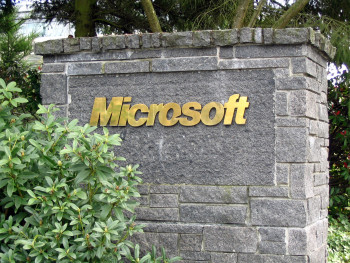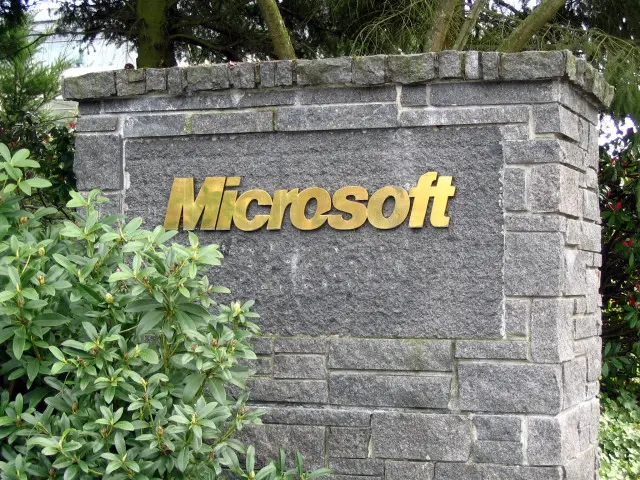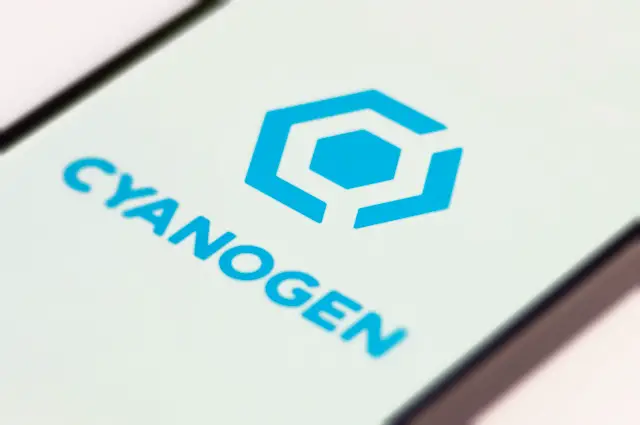
Microsoft rumored to invest in Cyanogen following promise to take Android from Google

Well, how’s this for an early Thursday afternoon headline? According to the Wall Street Journal, Microsoft is planning to invest a nice grip of money into Cyanogen Inc, makers of the most popular custom ROM around.
Microsoft will apparently be a minority investor in a $70 million round of equity investing that would end up placing a valuation on Cyanogen worth hundreds of millions of dollars. As a minority investor Microsoft won’t be the only ones at the table, nor would they be dishing out the most money to infuse this startup with cash.
But what it does bring is a strong message by Microsoft that they’re willing to do whatever they need to help balance out a lopsided race for smartphone software dominance. Why do we say that? Because Cyanogen — just earlier this week — started flexing their own muscle by declaring that they wanted to somehow take Android back from Google.

“I’m the CEO of Cyanogen. We’re attempting to take Android away from Google,” exclaimed Kirk McMaster in front of a crowd of press at a San Francisco event earlier this week. You might be wondering how it’d be possible for Cyanogen to do that considering Google owns Android, but it’s important to understand what he means.
As it stands, Android is open source, and its source code can be freely downloaded by anyone who so chooses. That likely won’t change anytime soon as Google has kept its long-standing promise to keep Android open and free.
But it’s long been accepted that the “sweetest” Android you can get is one with access to the Google Play Store, YouTube, Google Search and all of the other key Google services at the ready. The problem is Google limits (legal) access to these services to those willing to put up with restrictive licensing agreements, and CyanogenMod doesn’t like that.
While they’ve admitted their bread and butter has been and most likely always will be Android, their hope is to be able to build an ecosystem for it that’s more open-ended and free than the one Google maintains. The difficulty of such a task is sure to be high and they won’t be able to do it alone, which certainly explains the need to get the likes of Microsoft and supposedly Amazon on board.
Cyanogen — whose custom ROM McMaster says has been installed on over 50 million devices to date — does have enough clout to make such a bold move, but questions have to transform after today’s report: what’s Microsoft’s end-game in this? Are they genuinely interested in creating a better ecosystem for Android or do they simply want to help fatten up a talented development house to potentially swallow up later on?
It would be surprising to see the latter situation take place considering Cyanogen is said to have turned down an offer from Google that would have valuated themselves at $1 billion, though the company’s newly-revealed motive might explain why they made that tough decision. One thing’s for sure, though: if Cyanogen made a big enough case to get a major player like Microsoft interested then they certainly must have a strong plan in place to make this happen.
